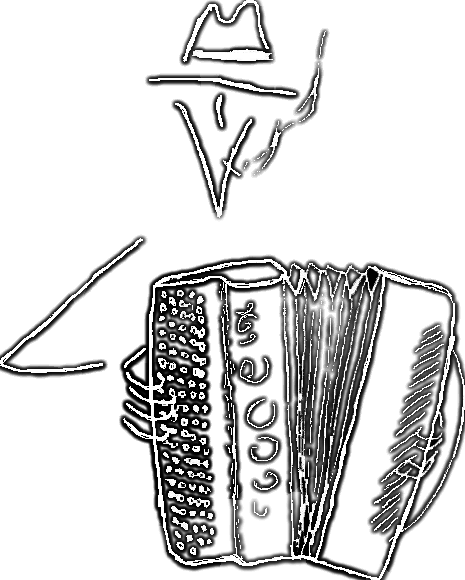Thomas Vittek, born in 1985, is a composer, pianist, accordionist, and performer of electronic music. He began the piano at the age of four. He then turned his attention to the “portable version” of this instrument, the accordion. He discovers the universe of electronic music at the Paris 8 University, in particular Max/MSP, a powerful programming tool able to create its own instruments and musical effects. His first University research in 1st year of his Master’s degree dealt with the control of the electronic music through the accordion and sonority paradoxes. He creates patches especially designed for that purpose, and experiments them in concert. His research project in the 5th year of University (2nd year of Master’s degree) was centered on the playing modes of the contemporary accordion. For this purpose, he studied Luciano Berio’s Séquenza noXIII for accordion and Salvatore Sciarrino’s Vagabonde Blu. He also experienced various playing modes, sometimes using the manufacturing defects of the instrument.
At the university, he met Julien Vincenot and Jérémy Labelle. Together in 2007, they founded Unmapped, a collective of composers organizing concerts of electronic musical improvisation, as well as electronic installations. This collective gathers today eleven composers, native of various countries, who share the will to discover other ways of musical expressiveness. The collective performed in all Europe, as well as in the United States, and in China.
After his Master’s degree in Musicology, Thomas Vittek started to compose for the image and for the theater. Hence he composed for such plays as Martin Crimp‘s Attempts on her life, staged by Melisa Yener and Livia Arditti, Gauche Uppercut, staged by Isabelle Desalos and the company Bulle du Temps, or Noé 2.0, a play written and realized by the company Illico Echo, still in creation. In addition to composing music and sounds, he plays them from the state control or the stage during the show. He also composed the whole music for Grande Armée, produced by FAG Prod, as well as for several short films, such as So is this how they make Candy?, realized by Abel Kohen.
